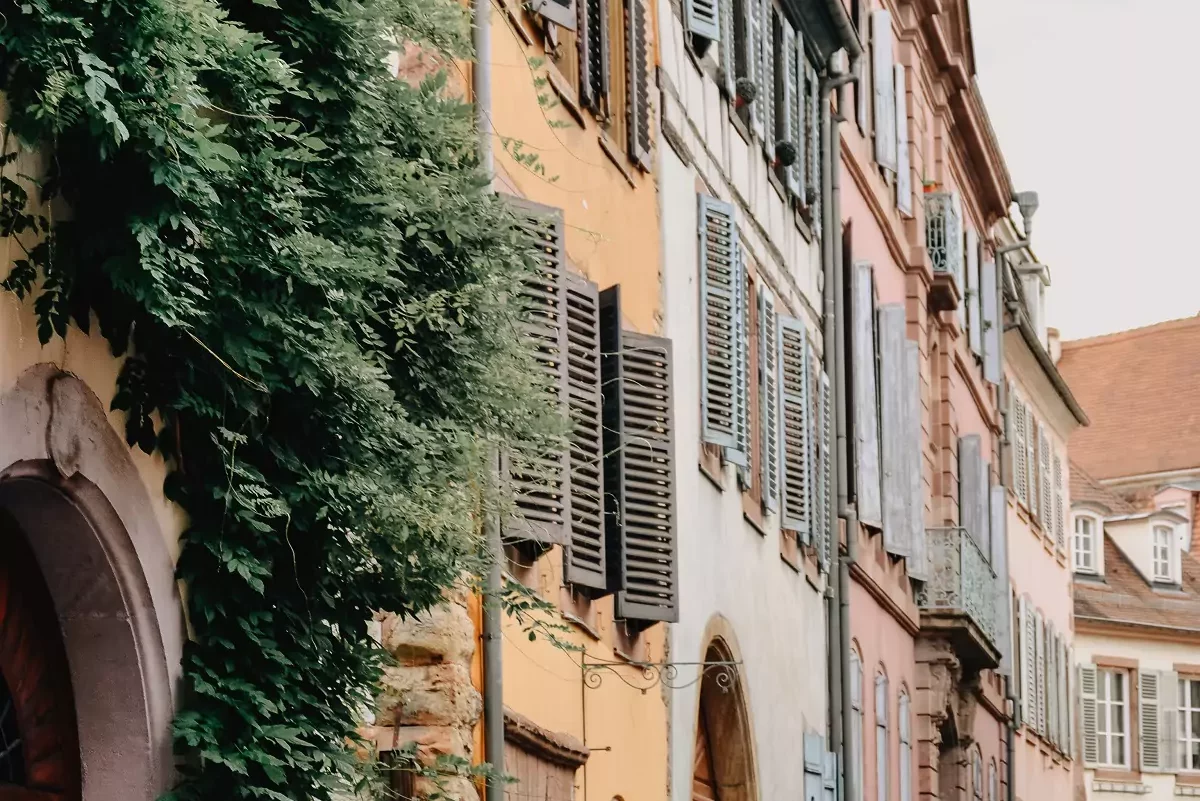Everyone in this part of the world is feeling the heat at the moment. But amid warnings that powering up the air con is only adding to the problem, what else can be done to keep homes and workplaces cool?
As heat waves become the norm rather than the exception in Monaco and the south of France, more people than ever are turning to air conditioning as a way to get some relief at home and at work.
However, whilst it feels good and is a fast way to beat the heat, air conditioning does have environmental and financial consequences, increasing demands on energy and adding to greenhouse gas emissions, not to mention hitting people’s pocketbooks with higher energy bills.
According to Le Monde, about 135 million air conditioning units are sold globally every year, bringing the total of households using them to 37%, up from 20% in 2000. By 2050, the expected number of air conditioners installed will reach 4.5 billion.
ALTERNATIVES TO AIR CONDITIONING
France’s Ecological Transition Agency (ADEME) recently issued a guide on alternative ways to combat high interior temperatures that don’t add to global warming, so here are a few of our own tips on keeping homes cool the eco-friendly way.
Though it may seem counter-intuitive, closing windows before the outside temperature exceeds that of indoors can help, as does closing shutters and blinds before the sun hits the windows. At night, open windows to let air circulate.
Fans have long been used to cool down a space. Ceiling fans keep air moving while the effectiveness of a pedestal or desk fan can be boosted by placing ice in front of them during use. A plastic bottle of frozen water does the trick nicely and costs next to nothing.
Additionally, avoid using ovens or other appliances that emit heat during the heat of the day. Eating fresh foods in the place of cooked meals is also a refreshing way to eat when the mercury is on the rise.
Another old Mediterranean trick is to generously mop floors with cold water and allow it to evaporate, cooling the air as it goes. Some experiments have proven that this act can lower indoor temperatures by several degrees.
Similarly, cold showers and dousing yourself with cool water will provide a bit of relief, and allow wet hair dry naturally rather than reaching for a hairdryer. Even rubbing an ice cube over pulse points can help cool the body – if only temporarily.
For vulnerable people, including the elderly, who can’t regulate their core temperatures as easily as others, extra care must be taken to ensure they do not overheat.
For more information and advice, visit the French government’s website here.
Make sure you’re never left out of the conversation.
Sign up for the Monaco Life newsletter, and follow us on Facebook, Twitter, Instagram and LinkedIn.
Photo source: Taylor Deas Melesh, Unsplash
